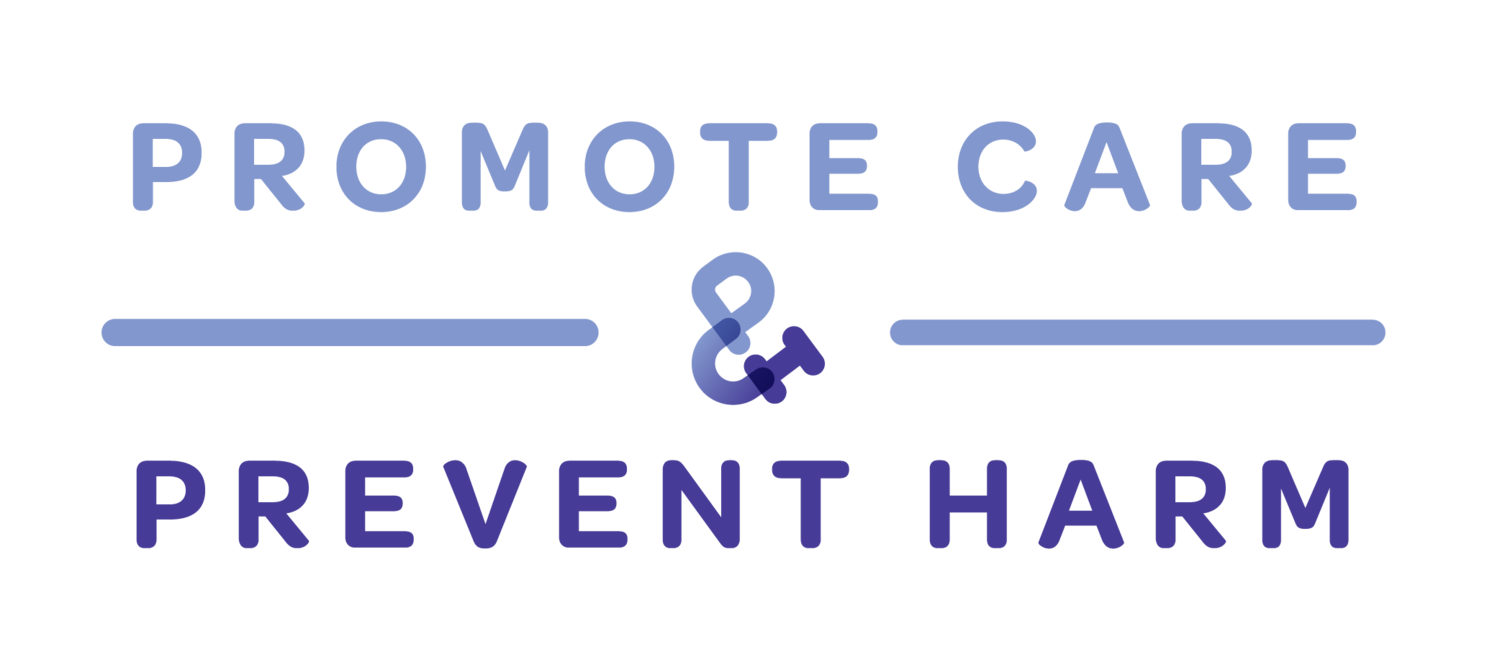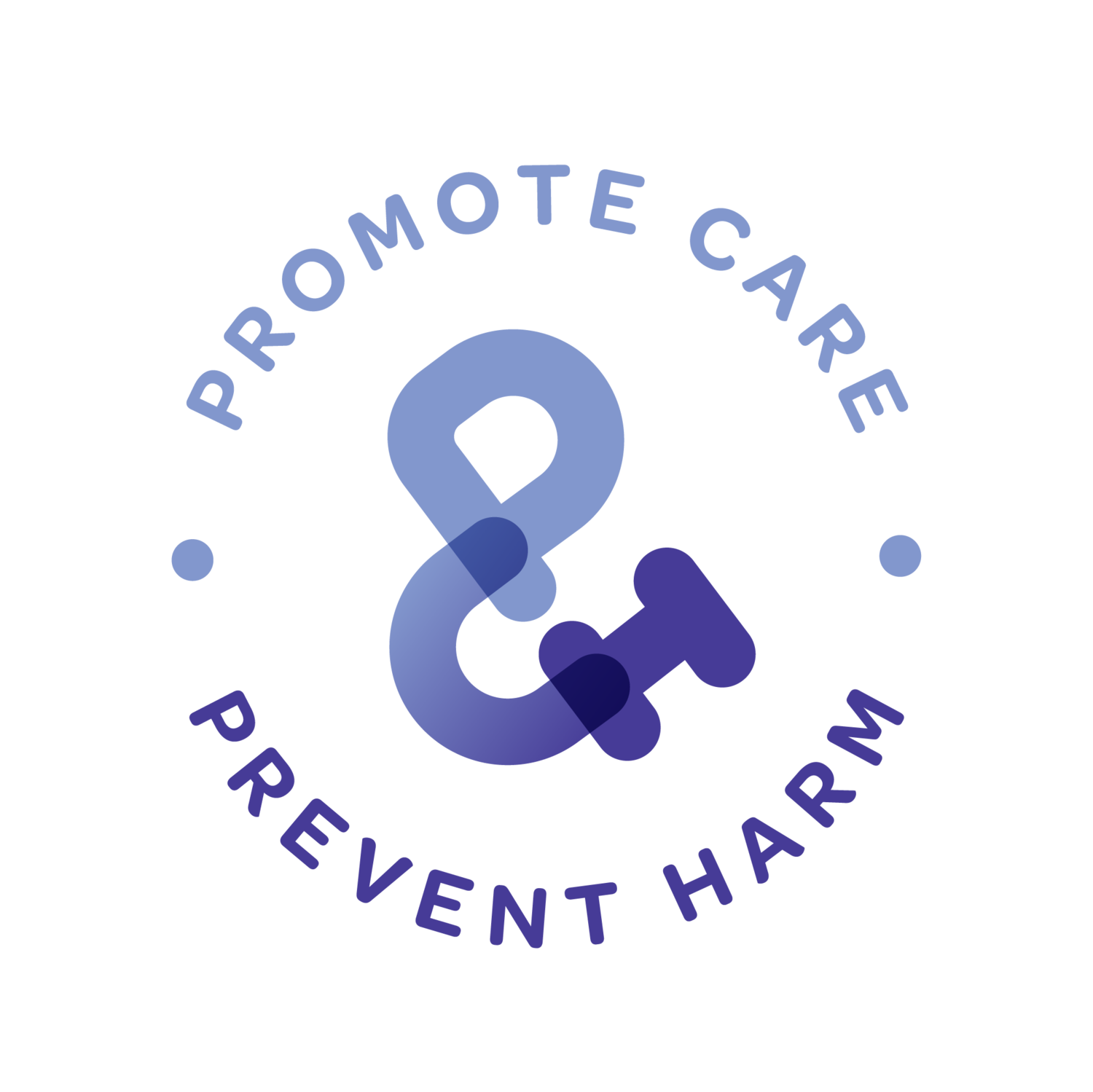
Support Youth-led Resilience PromotionTraining
Strategies to support youth as leaders for promoting resilience and supporting trauma recovery.
90 min or 4 hr | Resilience Promotion | Trauma Recovery | Youth-led Strategies
Overview
Supporting Youth-led Resilience Promotion Training provides an overview of six principles and 12 recommendations to guide school psychologists, counselors, social workers, administrators, teachers, and non-profit agencies who want to support youth who promote resilience. As part of the training you will also develop strategies for your school setting to ensure you walk away with actionable steps.
Youths’ lives exist prior to a traumatic event, and they continue following a potentially traumatic event. Thus, adult allies must support student efforts to create youth-led strategies to enhance resilience and support peer resilience and trauma recovery.
Available Resources
We have also made resources available through the Center for Open Science, to reduce any barriers to supporting
youth-led change. Through the portal, the following resources can be accessed:
Youth-Led Resilience Promotion Framework |
6 Principles and 12 Recommendations
Learn six principles for developing, implementation, and sustaining youth-led resilience promotion initiatives, as well as 12 recommendations that provide additional details and expand upon the six principles.
Step 2
Be placed into promotion, prevention, or mixed tracks based on your profile results.
Step 3
Learn the Promotion & Prevention Change Model, and how your promotive or preventive thinking influences your assessment of the current state and desired end states of change.
Outcomes
Participants will be able to articulate…
Identify their orientation towards promotive
or preventive thinkingArticulate the differences in motivation between promotive and preventive thinkers
Articulate how promotive and
preventive thinkers view problems or possibilities differentlyArticulate how mindsets are developed,
strengths of each mindset, and biases associate with each mindsetArticulate the 5 steps of the Promotion & Prevention Change Model
Articulate the value of, and differences between, promotion & prevention goals
Articulate the differences between universal, targeted, and indicated promotion &
prevention change strategiesArticulate how promotion & prevention approaches to change can reduce conflict on teams, create shared goals among teammates, enhance collaboration, enhance problem-solving skills, and increase self-efficacy.
Form
Interested in Learning more about PCPH programs, fill out this form for more information!


